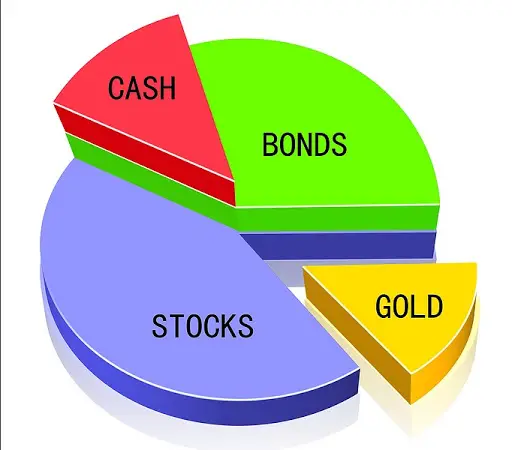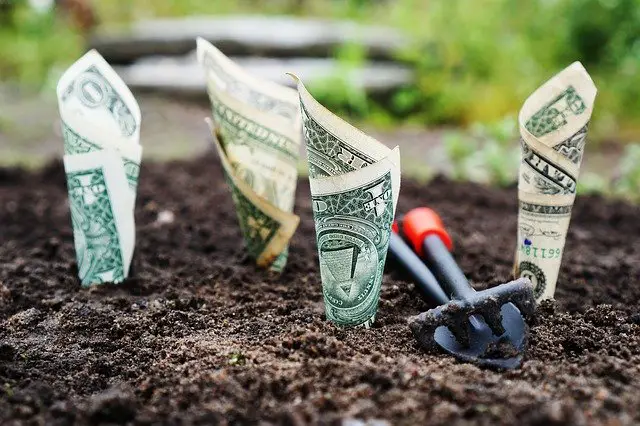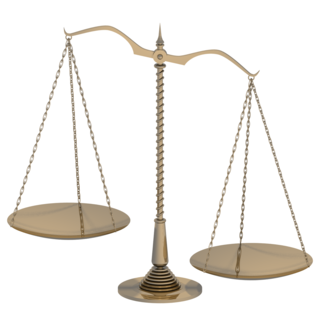Life doesn’t always give us neat choices. For a little more of something, you may have to settle for a little less of something else.
Economists recognize this and so they came up with a word: a trade-off.
Trade-offs simply mean forgoing something good in exchange for something else you may need or want.
Trade-offs are something we literally do every day. It’s needed because we are often limited in resources.
Resources can be money or time. For example, choosing between going for a date and studying for a next day exam you haven’t prepared for presents a conflict.
You can’t do both and each of them has a benefit and a cost.
If you don’t go for the date, you may lose your date but you may pass your exam.
On the other hand, if you go for the date, you will retain your date and enjoy the evening but you may fail your exam!
In each case, you will be trading off your date for passing your exam or vice versa.
Economists use a more technical name to describe this: it is called an opportunity cost.
The opportunity cost of going for your date is passing your exam and the opportunity cost of studying is retaining your date.
That is, the opportunity cost is the benefit you sacrifice due to taking a certain action.
Trade-off can be made by both individuals or governments.
Here are 7 trade-off examples in economics and real life.
1. Education vs no education

Education and research are very expensive things. Their fruits are also distant and uncertain.
So, do we put more dollars in research and education or save it for something else that shows more immediate or concrete results?
One of the best answers to this was given by Abraham Lincoln: “if you think education is expensive, try ignorance”.
In essence, Lincoln was saying that there was a tradeoff between education and ignorance.
Ignorance too has a cost and is more expensive, not cheaper as popular illusion might first suggest.
This is proven by experience because societies that invest the most in education and research enjoy better standards of living than societies that try to “save” on education or research by forgoing it.
2. Investing and risk

Investing experts say that without risk, you can’t have a good return on your investment.
So even though risk is generally something we try to avoid, there is a risk-return tradeoff which shows one stands to maximize returns by accepting more risk levels.
However, excessive risk can also bring large losses should the investment not pay off. This gives a delicate tradeoff situation of balancing between risk and returns.
3. Quality Vs Price

Faced with a tight budget, buyers are often forced to buy cheap goods.
But cheap goods tend to have low quality. As a consumer, you need to balance between what you can afford and the quality you want from a product.
In some cases, what seems cheap is really expensive while what seems expensive is cheap.
This is because high-quality goods will be durable and serve you longer so that you save in the long run.
On the other hand, more and more producers are endeavoring to offer both quality and affordability to buyers.
4. Renting (leasing) or buying?

Will you lease a car, house, or asset or just buy it outright?
Leasing means you keep paying for the use of an asset but you never own the asset.
That could be expensive in the long run when you add up all your payments.
However, when you buy, you can enjoy full ownership and are not burdened by the need to keep paying for it.
5. Loan or equity

Ever grappled with a dilemma of how to finance that dream business you had?
You are usually faced with two options: borrow a loan or self-finance it.
Borrowing has its benefits especially if it is cheap.
However, too much debt risks making your business prone to bankruptcy as well as loss of company ownership…
Self-financing or equity ensures you retain all the rights of ownership including decision making but it may limit your access to finance.
Thus, there is a tradeoff between debt and equity with each having its risks and benefits
6. Plea Bargains

If you ever find yourself at the wrong end of the law, prosecutors may entice you with a plea bargain offer.
This is where you admit to a lesser charge in exchange for confessing details about a crime.
These details may include incriminating or exposing those you committed the crime with.
For a lesser charge, you get a lighter sentence. However, there are downsides to this. For example, by admitting the crime, your reputation will be tainted and also there is no guarantee that you will get the lighter sentence at the actual trial.
7. Family Or Career

Many people, particularly women, find that they have to put off marriage in order to build their careers first.
That is because their career goals clash with the responsibilities of family.
Both career and family have benefits but they can also get in the way of each other so that one has to choose one or the other.
For example, a career often needs one to relocate to a new place or work very long hours which may be incompatible with having a family.
Conclusion
Damn if you don’t, damn if you do, sums up your typical tradeoff situation.
So, hiring an unqualified lover may be a brilliant move to resuscitate a romance gone sour.
Just remember it could also be a tradeoff to sink your company!

